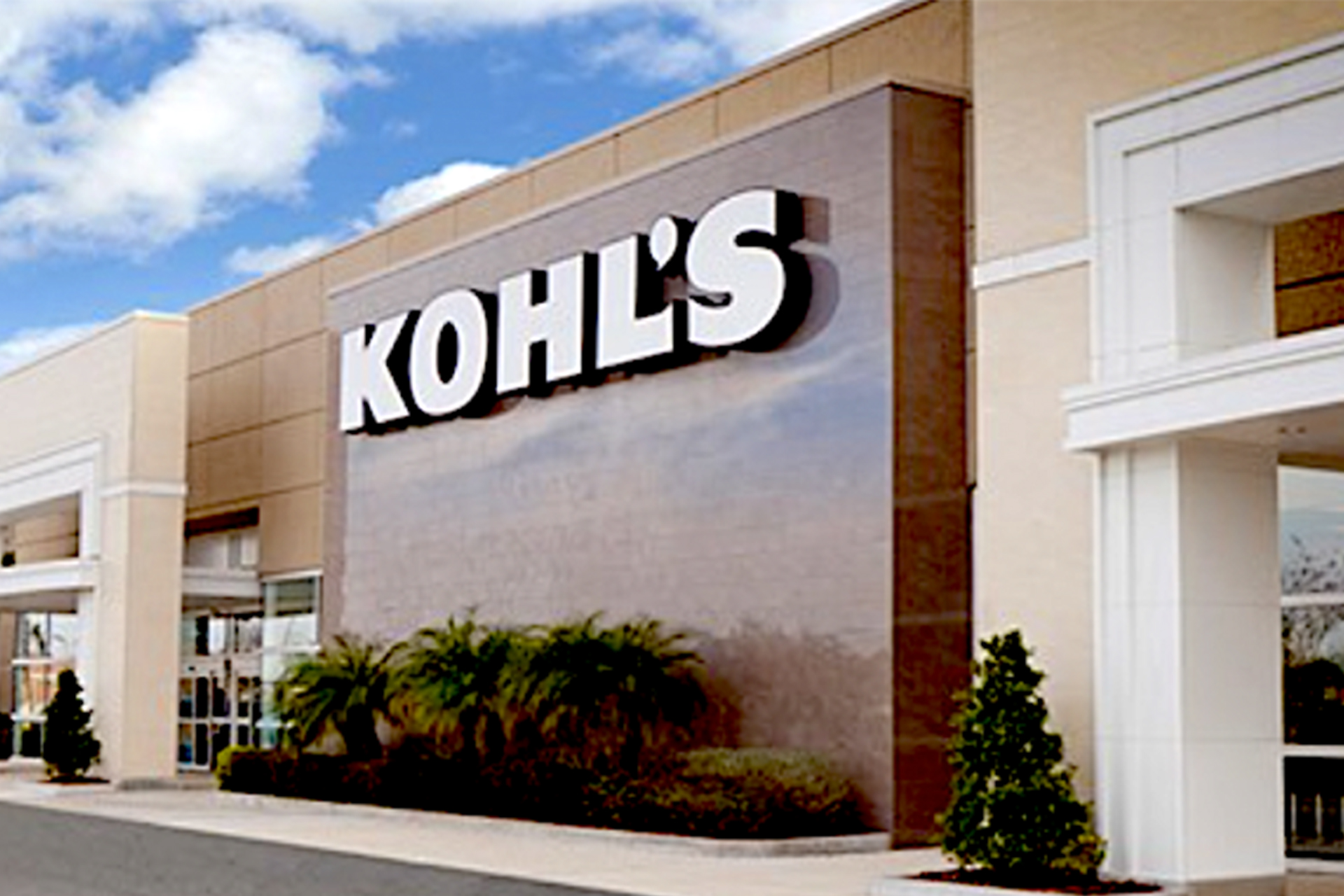Macellum Advisors has issued a letter to Kohl’s Corp. shareholders asking them to vote for its slate of candidates for the retailer’s board of director nominees rather than those proposed by the company.
The letter appears over the signature of Jonathan Duskin, managing partner of Macellum Advisors and a Kohl’s board candidate.
It began:
Over the past two years, Macellum has worked tirelessly to help improve the board and unlock enhanced value for all of the company’s stakeholders following more than two decades of stagnation In 2021, we were able to add two highly qualified director designees, Thomas Kingsbury and Margaret Jenkins, to what became a 13-person board. We were also able to facilitate the departure of a chairman with a 30-year tenure and drive the company to increase share repurchases. Unfortunately, these incremental changes were not enough to help Kohl’s deliver better results and keep pace with other soft goods retailers that began to grow in the post-pandemic environment. As evidence, the company’s share price dropped 22% from the point in which we settled, April 2021, to the point in which we initiated a new campaign this year, January 2022, while several peers generated far better performance.
With the annual meeting in just two days, we urge our fellow shareholders to reflect on the following before casting their final ballots:
We believe voting on Macellum’s white proxy card for at least a subset of our nominees, including a shareholder representative, is the best insurance policy for shareholders, regardless of whether a sale occurs or not.
If Kohl’s is on its way to being sold for a fair price, that will be a great outcome for shareholders. Voting for Macellum’s nominees will not change that outcome of a sale. In fact, our nominees would likely serve at a handful of meetings to discuss and approve a transaction and then would be another set of eyes in the boardroom for shareholders to help ensure a transaction is successfully completed.
However, should the board have a sudden change of heart due to the reelection of incumbents and misconstrues those results as support for management’s standalone plan, you should want Macellum nominees in the boardroom. We fear, as does Morgan Stanley analysts, that the company’s share price could tumble into the low to mid $40s, effectively destroying more than $1.5 billion in value, if a sale is not achieved. The company’s standalone plan was not only poorly received when released on March 7, 2022, as reflected with a 13% drop in the stock price on that same day, but also relies on something that has not occurred in 10 years at Kohl’s, sales growth.
It is especially concerning that the current board appears to be using, based on management’s standalone plan, targets of $75 per share to $88 per share to benchmark offers against. We struggle to see any scenario where the company’s capital-intensive and risky plan, which projects declining EBIT and increasing capital expenditures, will result in anything close to recently reported offers, even three years from now.
Shareholders should be wary of the company’s refusal to share its results for the first quarter of fiscal 2023, despite their claims of business momentum.
Underperformance in the first quarter of 2023, after a weak fourth quarter in fiscal 2022, would be more validation of a strategy that is not working. Shareholders need to ask why they are being forced to vote at the annual meeting without this critical piece of information. Cynically, perhaps, we suspect that if results were positive, they would have been made public by now.
If true, weak performance could result in lower take-private prices that may not meet with the board’s already unrealistic expectations. In this case, shareholders should want objective, unbiased voices on the board to ensure expectations are level set.
Duskin went on to say that although the board has promised a robust process to determine a potential buyer for the company, reasons exist to be skeptical, including that had Macellum not demanded change at the board level, Kohl’s would not have pursued a sale and might reject one in its present form if its nominees are elected. Duskin also raised an objection to Kohl’s being unreceptive to early acquisition proposals from third parties, and the board’s implementation of a poison pill.
Duskin added:
Despite credible reports swirling about several suitors who are interested in bidding close to or above $70 per share, why does the stock still trade at a substantial discount to reported offer prices?
While the board could have delayed the annual meeting until July under applicable law, it chose to hold this year’s meeting before disclosing the results of its process. This lack of transparency goes to the heart of why Macellum nominees should be added to the board at this critical time.
Lastly, shareholders should know that there is no recourse after this vote.
Wisconsin law allows the board great flexibility to consider the interests of an expanded constituency to reject an offer, even if an offer may be in the best interest of shareholders. It is also notable that we, as shareholders, have no ability to hold the board accountable before the 2023 annual meeting if the board does not act in the best interests of shareholders following this year’s annual meeting.
Macellum has been a shareholder of Kohl’s for multiple years. We do not want an outcome at this year’s annual meeting that may lead to a permanent impairment of value.
The Macellum letter comes after it and Kohl’s released the results of proxy advisory recommendations about the board elections.
On May 2, Kohl’s announced that proxy advisors Glass Lewis had recommended that Kohl’s shareholders vote for all 13 of the company’s director nominees.
On April 29, Macellum announced that proxy advisors ISS had expressed support for two of the candidates on the investor’s slate, Jeffery Kantor and Pamela Edwards because of their experience at Macy’s and L Brands respectively.





